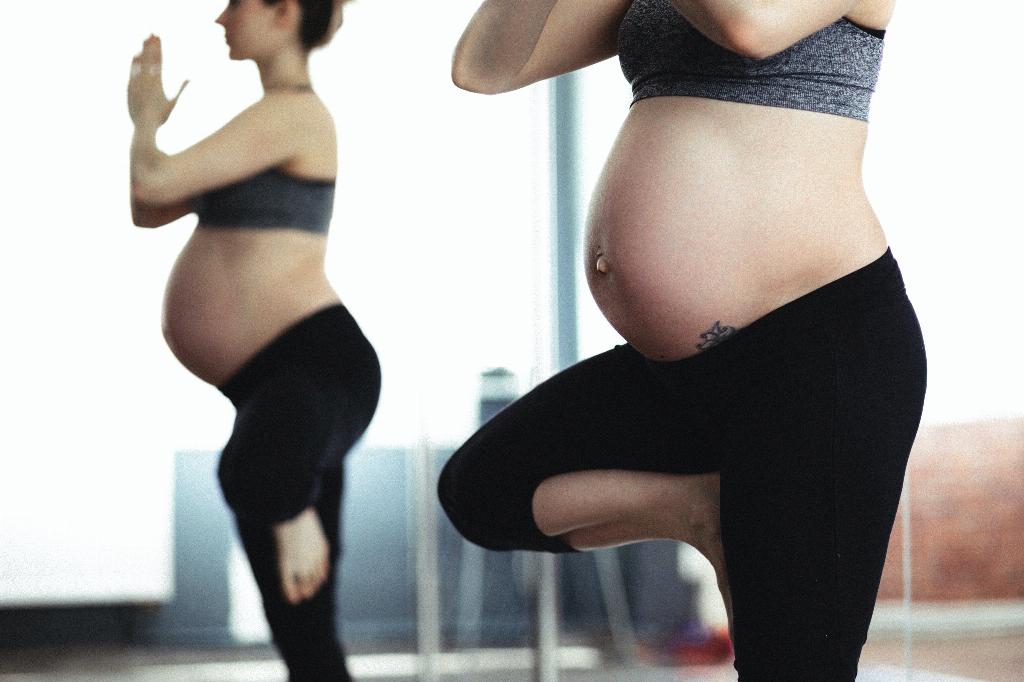When delving into the complex world of molar pregnancies, it is crucial to grasp the fundamental concept of how they occur. A complete molar pregnancy, a rare occurrence, is triggered when a sperm fertilizes an egg that lacks genetic material from the mother. In layman’s terms, this means that no baby, or foetal tissue, is formed in the womb during a complete molar pregnancy.
Instead of developing into a foetus, the fertilized egg transforms into what is known as molar tissue. This abnormal tissue growth takes over the womb and poses potential health risks to the individual carrying it. Given this unique nature of molar pregnancies, it is important to understand that there is no actual baby present in the womb in such cases.
Many individuals may find themselves wondering about the possibility of there being a baby in a molar pregnancy due to the association with conception and pregnancy. However, it is vital to clarify that in the context of a complete molar pregnancy, the absence of foetal tissue means that there is no baby developing.
Contrary to a typical pregnancy where the fertilized egg develops into a baby over time, a molar pregnancy follows a distinctly different path. The genetic abnormalities that characterize molar pregnancies result in the formation of molar tissue exclusively, devoid of any signs of foetal development.
Given the unique nature of molar pregnancies, it is essential for individuals experiencing such a situation to consult with healthcare professionals promptly. The removal of molar tissue through surgery or drug treatment is a crucial step in managing molar pregnancies and safeguarding the individual’s health.
Understanding the distinction between a molar pregnancy and a conventional pregnancy is key to navigating the complexities associated with this rare condition. While traditional pregnancies involve the growth and development of a baby, molar pregnancies entail the formation of abnormal molar tissue.
It is essential for individuals to receive timely medical attention and support when diagnosed with a molar pregnancy. The unique characteristics of molar pregnancies necessitate specialized care to address the specific challenges posed by this condition.
Although the notion of a baby typically accompanies discussions of pregnancy, it is important to recognize the distinct nature of molar pregnancies and the absence of foetal tissue in such cases. This differentiation is crucial in providing individuals with accurate information and support during their healthcare journey.
While the absence of a baby in a molar pregnancy may raise questions and uncertainties, gaining a comprehensive understanding of the condition can empower individuals to make informed decisions regarding their healthcare and treatment options.
Healthcare providers play a pivotal role in guiding individuals through the complexities of molar pregnancies and offering the necessary support and care. Open communication, compassion, and tailored medical interventions are instrumental in addressing the unique challenges posed by molar pregnancies.
By shedding light on the intricacies of molar pregnancies and dispelling misconceptions surrounding the presence of a baby in such cases, individuals can navigate this journey with greater clarity and awareness. Education, empathy, and medical expertise are essential components in effectively managing molar pregnancies.
In conclusion, understanding the dynamics of molar pregnancies, particularly the absence of a baby in a complete molar pregnancy, is pivotal in promoting informed decision-making, compassionate care, and holistic support for individuals facing this rare and challenging reproductive health condition.

